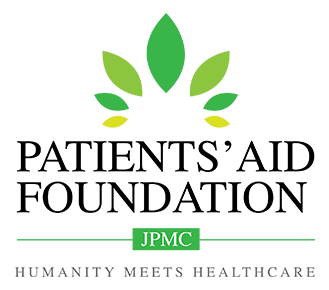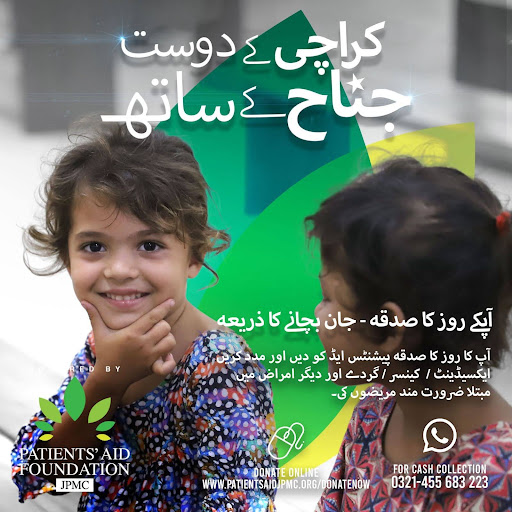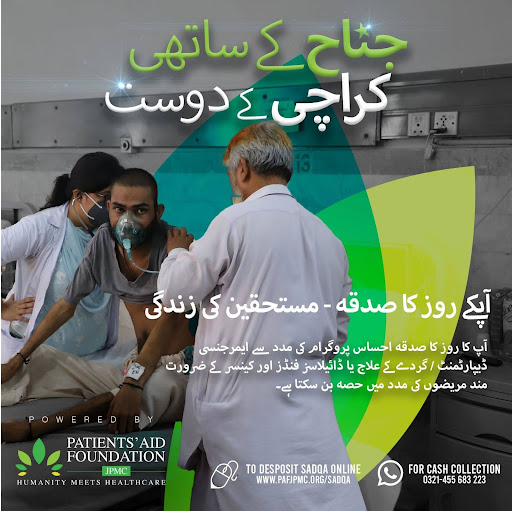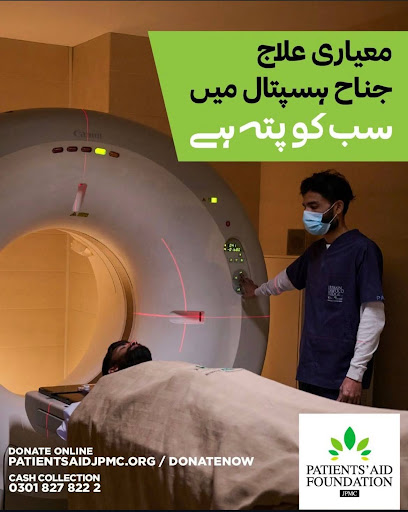This Eid Donate to Help Those Who Need It the Most
Eid ul Fitr is one of the most significant celebrations in the Islamic calendar, marking the end of the holy month of Ramadan. After a month of fasting from dawn to dusk, increased devotion, prayers, and acts of charity, Muslims around the world come together to celebrate the completion of this sacred month.
The Origins of Eid al-Fitr
Eid al-Fitr was first celebrated by Prophet Muhammad (PBUH) and his companions in 624 CE, the second year after the Hijra, to mark the end of the first Ramadan fast. Upon arriving in Madinah, the Prophet (PBUH) found the local people celebrating two festive days. He then instituted Eid al-Fitr to mark the conclusion of Ramadan and Eid al-Adha to honor Prophet Ibrahim’s (PBUH) willingness to sacrifice for Allah upon Allah (Swt) command..
What does Eid-ul-Fitr mean
The word “Eid” itself means “festival” or “celebration,” while “Fitr” refers to the breaking of the fast. It is a day of immense joy, gratitude, and reflection on the blessings of Allah (swt). It is a day to remember those who are less fortunate and be grateful to Allah (swt) for all the blessings He has given you, by worshiping Him, spending time with loved ones, and giving Fitra in Allah’s way.
What is Zakat al-Fitr or Fitrana?
Zakat al-Fitr, or Fitrana, is an obligatory charitable donation that Muslims give at the conclusion of Ramadan. It is meant to purify the fast and ensure that even the poorest members of the community can join in the Eid celebrations. The charity is typically given before the Eid prayer, and its amount is usually a small portion of food or its monetary equivalent.
Zakat al-Fitr serves several important purposes:
- It purifies the fast of the one giving it.
- It fosters a sense of solidarity by ensuring the less fortunate can partake in the festivities
- It strengthens the sense of community within the Muslim Ummah.
Eid day begins with the giving of Zakat al-Fitr, ensuring that everyone, regardless of financial status, can celebrate the occasion. This is followed by the special Eid prayer, where Muslims gather in large congregations to express gratitude to Allah for the strength and patience shown during Ramadan. After the prayer, Muslims exchange greetings of “Eid Mubarak,” and Eidi, especially to children, as a symbol of happiness and goodwill. Eid also serves as a reminder of the unity of the Muslim Ummah, as people from diverse backgrounds come together in prayer, remembrance of Allah, and acts of kindness.
The essence of Eid ul Fitr goes beyond just feasting and celebrations. It is a day of spiritual renewal, a time when Muslims reflect on their relationship with Allah (swt) and seek His forgiveness. The month of Ramadan serves as a period of purification for the soul, and Eid is the culmination of that process. As Allah (swt) says in the Qur’an,
“The month of Ramadan [is that] in which was revealed the Qur’an, a guidance for the people and clear proofs of guidance and criterion. So whoever sights [the new moon of] the month, let him fast it; and whoever is ill or on a journey, then an equal number of other days. And Allah intends for you ease and does not intend for you hardship” (Qur’an 2:185).
The Struggles of Those Unable to Celebrate Eid
While Eid is a joyous occasion, it is important to remember that not everyone is able to celebrate it in the way they wish. Many people around Pakistan, especially those in difficult financial situations, face economic hardships and are struggling to make ends meet. There are countless individuals who may not have enough food to eat, let alone the means to celebrate with family and friends. Most importantly, there are those in hospitals battling health issues, where their Eid celebrations are marked by pain and suffering.
In hospitals across Pakistan, cancer patients are locked in an intense and often heartbreaking battle for their lives. Each day, they endure unimaginable pain, overwhelming exhaustion, and the constant shadow of uncertainty as they undergo grueling treatments, hoping against hope to survive this deadly disease. However, for so many, the financial burden of cancer treatment is simply too much to bear. In a country where healthcare costs are often out of reach for marginalized communities, many patients are unable to afford even the most basic care, let alone the specialized treatments and medications they desperately need. Tragically, lives are lost because the necessary care remains unaffordable. Every breath we take, every moment we live in comfort, is a luxury that cancer patients yearn for.
This is where Patients’ Aid steps in, working tirelessly to ensure that every life has a fighting chance. Through generous donations and charitable contributions, they provide cancer patients with life-saving treatments, state-of-the-art machinery, and world-class infrastructure, completely free of charge. Their mission is to give these patients the hope they deserve, and remind us all to be grateful for our health and blessings. For cancer patients, Eid, a time usually filled with joy, becomes just another day of pain, fear, and uncertainty. If you are moved by their struggle, please consider donating to Patients’ Aid at JPMC, to offer these patients the chance to live, and the hope they desperately need.
Similarly, kidney patients face an unrelenting battle for survival, enduring daily pain and hardship as they wait for dialysis or a life-saving kidney transplant. The cost of these treatments can run into the thousands, making it impossible for many to afford the care they so urgently need. However, thanks to the generosity of donors, Patients’ Aid offers free dialysis and lithotripsy treatments for kidney stone surgery, and more.
For so many, the financial strain of kidney treatment is overwhelming. Left with no choice, they suffer in silence, unable to access the medical care that could change their lives. As they wait for the treatments that could save them, they endure unimaginable physical, emotional, and financial strain. For these patients, the time of Eid, which should be a time of celebration, serves as a stark reminder of the misery they face each day. Their struggles highlight just how precious our health truly is, and how easily we take it for granted. If you want to help these unprivileged patients, please consider donating to Patients’ Aid at JPMC, to offer them a chance at a healthier, happier life.
But healthcare doesn’t stop at cancer and kidney treatments. Patients’ Aid also provides vital medical care for a wide range of other conditions. From childbirth and gynecological issues to breast cancer, emergency and accident care, mental health treatment, radiology care, and much more, they work tirelessly to offer affordable and, in many cases, free care for those who need it most.
Donate Now to Patients’ Aid at JPMC
At JPMC, countless individuals from marginalized areas of Pakistan come seeking the medical care and facilities they need to survive. However, many cannot afford the treatments that could change their lives. That’s where you come in. On such happy occasions like Ramadan and Eid, your generous donations/Zakaat/Sadaqah/Khairaat to Patients’ Aid provide a lifeline for these patients, helping with everything from life-saving medicines to vital medical infrastructure and equipment.
No donation is too small, every contribution plays a crucial role in improving healthcare access for those who need it most. You never know how your support might change someone’s life or become the means by which Allah grants them a second chance.
As we approach the end of Ramadan and Eid, remember that giving in Allah’s way brings blessings back to you, often multiplied. So don’t wait up, donate today to Patients’ Aid at JPMC, and be the hope for someone in need.




